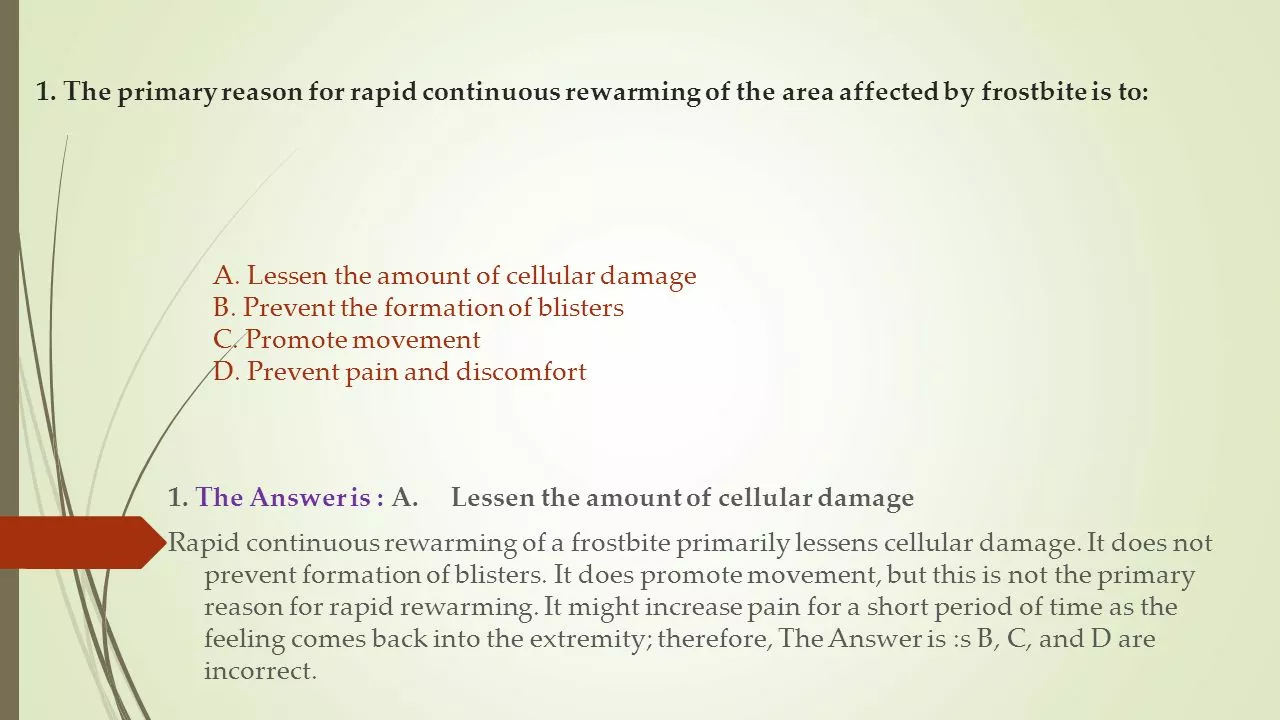Depression: What It Looks Like and How to Get Help
Depression isn't just feeling sad. It changes sleep, appetite, energy, thinking, and how your body feels. Some people feel numb, others get stuck in negative thoughts. If daily tasks get harder for weeks, that's a signal to act.
There are different types of depression: major depressive disorder, persistent depressive disorder, and depression tied to bipolar disorder. Causes vary—genes, brain chemistry, stress, sleep loss, and big life changes all play a role. Knowing the likely cause helps shape treatment.
Common medications and what to expect
Doctors usually start with antidepressants like SSRIs or SNRIs. These change brain chemistry over weeks and can reduce symptoms for many people. Bupropion (Wellbutrin) works differently and may help with energy and focus, while mood stabilizers such as Depakote are used when mood swings or bipolar features are present. Side effects are common but often fade after a few weeks. Keep an eye on sleep, appetite, and any new thoughts of self-harm—report those right away.
New research also shows some antidepressants might help brain cell growth after injury, which is promising but still under study. If a medication doesn’t help or causes bad side effects, there are alternatives. Talk to your prescriber about switching, combining drugs, or adding therapy.
Practical steps to get help and stay safe
Start by talking to a primary care doctor or a mental health specialist. Bring a list of symptoms, sleep patterns, past treatments, and medications. Ask about therapy options like CBT, which often works well with meds. Small daily changes—regular sleep, short walks, cutting back alcohol—can also make a real difference.
When getting medication online, use trusted sources. Make sure the pharmacy requires a prescription, lists contact info, and has clear safety and privacy policies. If you’re ever urged to stop medication suddenly, check with your prescriber first—some drugs need gradual tapering.
Watch for emergency signs: thinking about hurting yourself, sudden reckless behavior, not eating or moving, or severe confusion. If you or someone else is in danger, call local emergency services or a crisis hotline immediately.
Want to learn more? We have detailed guides on specific drugs, alternatives to common antidepressants, and safety tips for buying meds online. Browse our articles to compare options and find practical steps you can take today. If you need personal guidance, contact a healthcare professional—online or in person—and get the support you deserve.

How to Recognize Depression’s Impact on Medication Adherence
Depression significantly reduces medication adherence by impairing memory, motivation, and decision-making. Learn how to spot the signs using PHQ-9 and MMAS-8 tools, understand why side effects feel worse, and discover proven strategies to help patients stay on track.

Dosulepin for Depression: How It Works and What to Expect
As a blogger, I recently came across the antidepressant medication Dosulepin and I wanted to share my findings with you all. Dosulepin works by increasing the levels of serotonin and norepinephrine in our brains, which helps elevate our mood and alleviate depression symptoms. If you're considering this medication, it's important to note that it may take a few weeks to see noticeable improvements. Some common side effects include drowsiness, dizziness, and dry mouth, but these should subside as your body adjusts to the medication. Remember, always consult your doctor before starting any new medications to ensure it's the right fit for you.
© 2026. All rights reserved.
